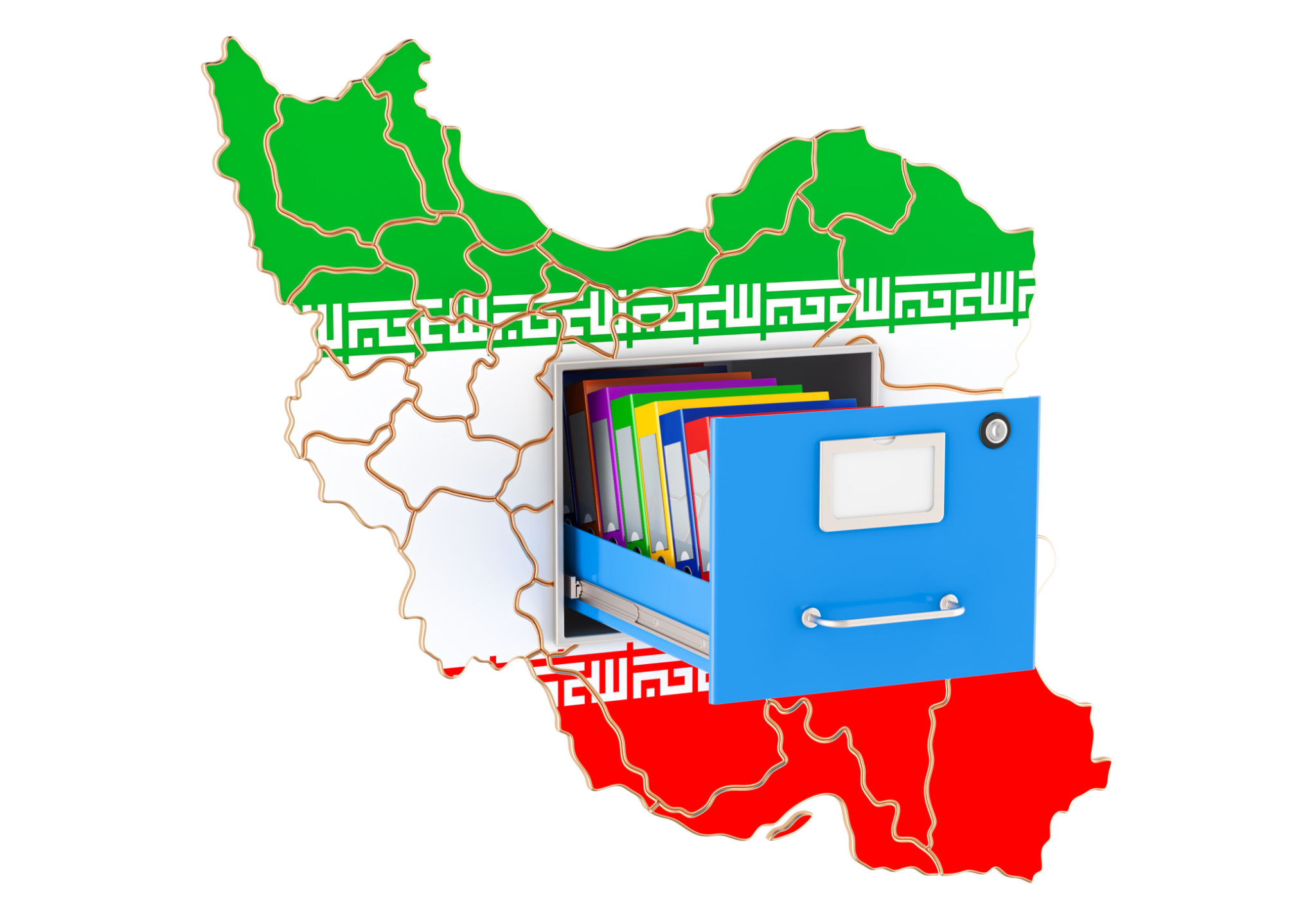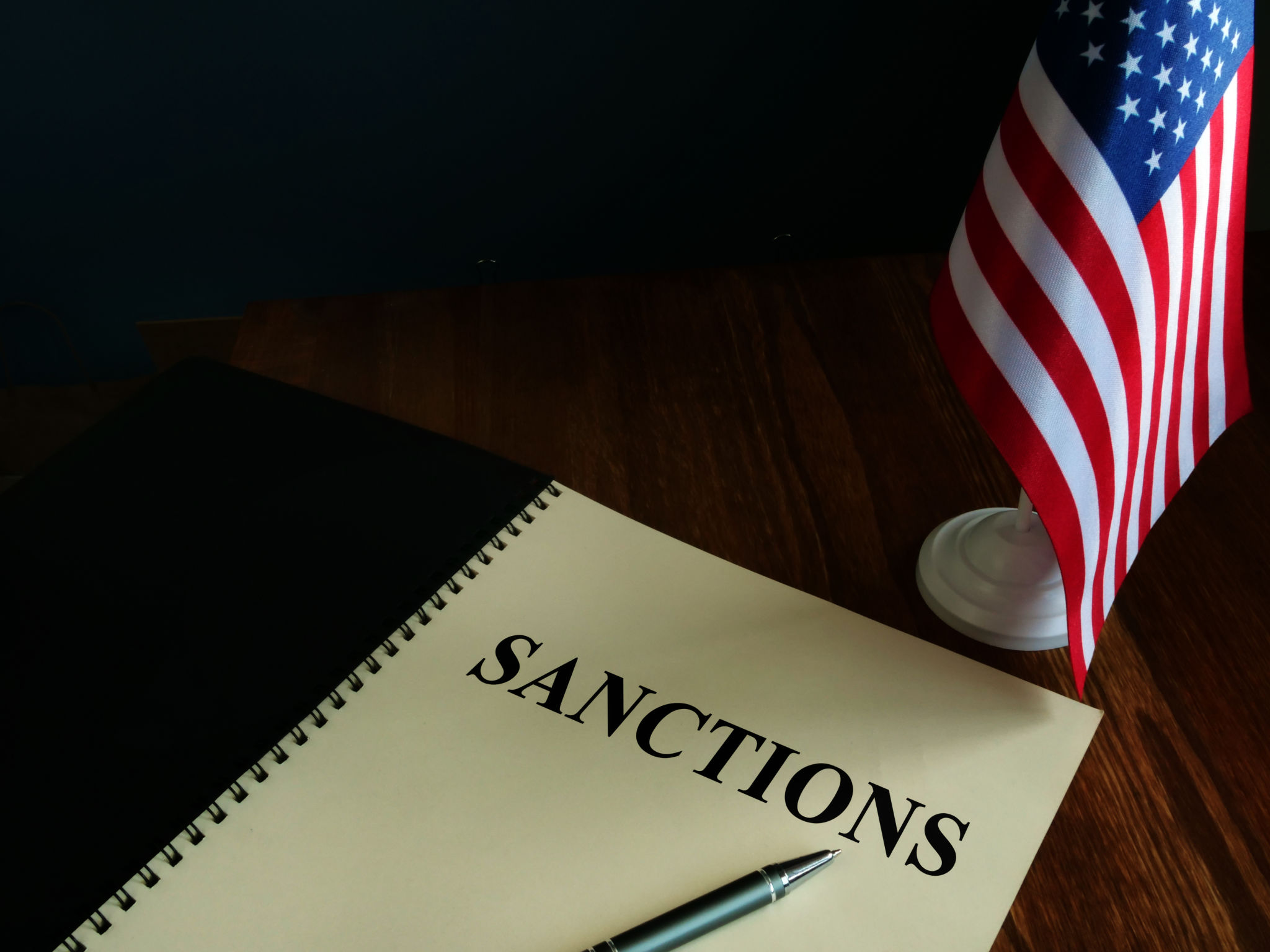Navigating Corporate Law in Iran: Common Challenges and Solutions
Understanding the Basics of Corporate Law in Iran
Navigating corporate law in Iran can be a complex endeavor, especially for foreign businesses looking to establish a presence in the country. The legal framework governing corporate activities is deeply intertwined with the country's unique economic, political, and cultural landscape. As such, understanding the basics of corporate law is crucial for any business looking to operate successfully in Iran.

The Iranian corporate law system is primarily governed by the Commercial Code of Iran, which outlines the regulations for different types of companies, including joint-stock companies and limited liability companies. Additionally, the Foreign Investment Promotion and Protection Act (FIPPA) provides guidelines for foreign investors. Familiarity with these laws is essential for ensuring compliance and avoiding legal pitfalls.
Common Challenges in Iranian Corporate Law
One of the most common challenges faced by businesses in Iran is the complex regulatory environment. Companies must navigate a myriad of regulations and requirements, which can vary depending on the type of business entity and industry. This complexity can be overwhelming, especially for newcomers unfamiliar with the local legal system.
Another significant challenge is the bureaucratic process involved in establishing and operating a business in Iran. The registration process can be lengthy and cumbersome, often requiring extensive documentation and approvals from various government agencies. This can lead to delays and increased costs for businesses.

Compliance with Local Regulations
Ensuring compliance with local regulations is crucial for avoiding legal issues and maintaining a good standing in Iran. Companies must adhere to strict rules regarding taxation, employment, and financial reporting. Failing to comply with these regulations can result in penalties, fines, or even the suspension of business operations.
Navigating Sanctions and International Relations
Iran's international relations, particularly with Western countries, have resulted in various sanctions that can impact businesses operating within its borders. Navigating these sanctions requires a deep understanding of both local laws and international regulations. Companies must ensure that their operations do not violate any sanctions, which may involve regular consultations with legal experts.

Solutions for Overcoming Legal Challenges
To overcome these challenges, businesses are advised to seek local legal expertise. Hiring a knowledgeable Iranian law firm can provide valuable insights into the local legal landscape and help navigate complex regulations. These experts can assist with company registration, compliance issues, and dispute resolution.
Moreover, developing strong relationships with local partners can be beneficial. Collaborating with Iranian businesses can provide insights into the local market and help streamline operations. Local partners can also facilitate smoother interactions with government agencies and other stakeholders.
Leveraging Technology for Compliance
Technology can play a vital role in navigating corporate law in Iran. Implementing robust compliance management systems can help companies track regulatory changes, manage documentation, and ensure timely submission of required reports. These systems can reduce the risk of non-compliance and enhance operational efficiency.
In conclusion, while navigating corporate law in Iran presents several challenges, understanding the local legal environment and leveraging expertise and technology can pave the way for successful business operations. By staying informed and proactive, companies can effectively manage legal risks and thrive in this dynamic market.
